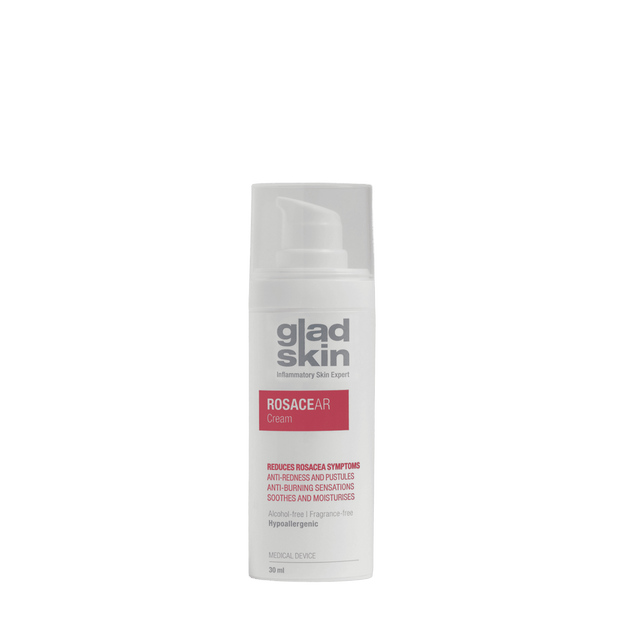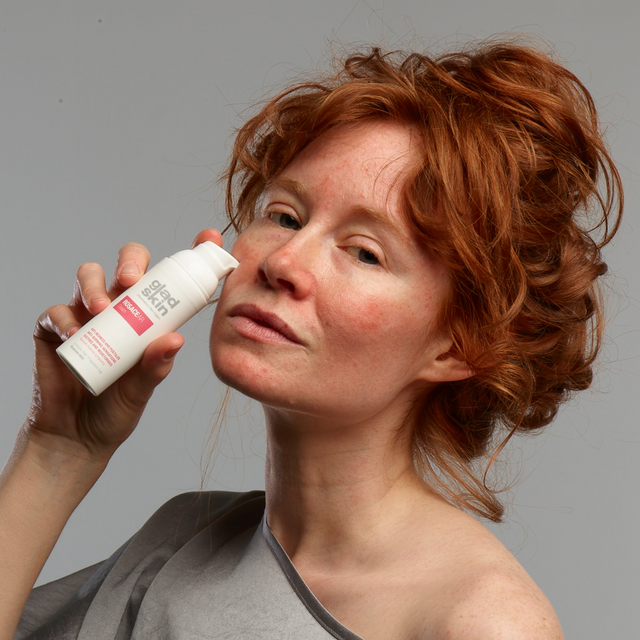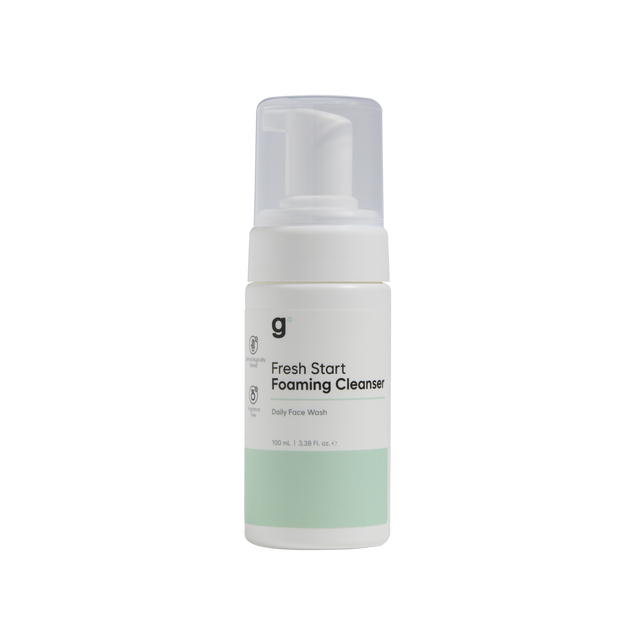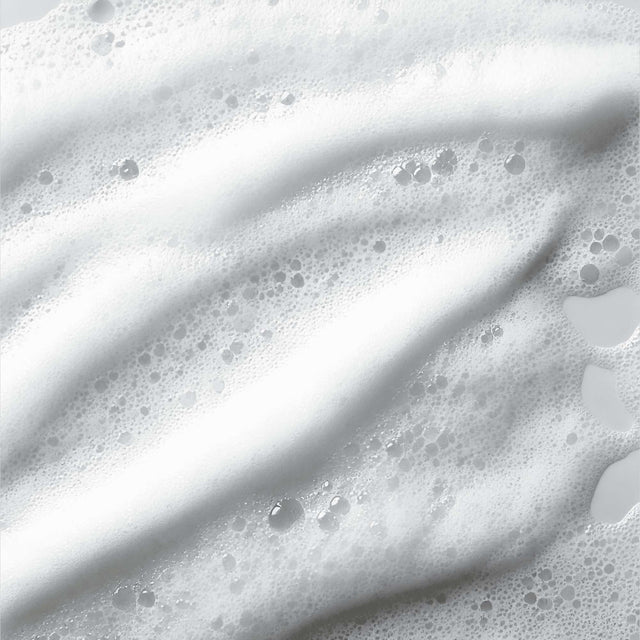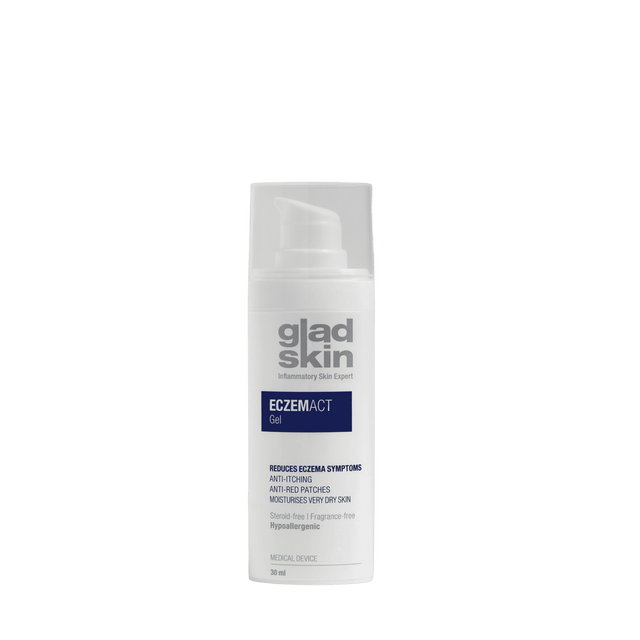Wearing a mask is mandatory (for most) to limit the spread of COVID-19, and we are all more than happy to play our part.
Some people are seeing an increase in skin irritations, such as pimples, redness and itchiness. This can be caused by the physical irritation of a tightly fitting fabric, and also the humid and warm environment created inside the mask. The warm environment is perfect for the bacteria that has been transferred from the nose or skin to the mask to grow. Unfortunately, Staphylococcus aureus (a bad bacteria and known trigger for inflammation) is present in the nose of 30-45% of all people and can aggravate skin conditions such as shaving irritation, acne and perioral dermatitis, an eczema-like condition around the mouth.
Here are Gladskin’s top tips to help you look after your skin:
-
Change your mask every day - replace single use masks every day and if you use reusable masks, make sure you have enough to wash them regularly and correctly to remove viruses and bacteria.
- Wash your mask regularly at high temperatures - to kill both COVID-19 and Staphylococcus aureus bacteria from the mask it is important to wash your mask at 60 degrees. These two bacteria can survive being washed at lower temperatures.
- Create or improve your daily skin care routine - wearing a face mask for a longer period means the skin can get sweaty and oily, and bad bacteria will thrive in this environment. A daily routine of cleansing the skin with a gentle face wash and without perfumes will help, and if you are already doing this consider cleansing both morning and evening for a longer period. As you probably know soaps, harsh chemicals and very hot water will disrupt the bacterial balance by killing the good and bad bacteria. Healthy skin (just like a healthy gut) requires a healthy balance of bacteria on the microbiome.
- Find out if your inflammatory skin conditions is triggered by Staphylococcus aureus - if you are suffering with eczema, inflamed acne or pustular rosacea, it is possible Staphylococcus aureus plays a role. In those cases, you could try our active Gladskin range. We have created skincare products based upon a scientific understanding of the skin’s microbiome, and it is the only skincare range to contain the active ingredient Staphefekt™, an enzyme that selectively kills the bad bacteria from the microbiome, whilst leaving the good bacteria unharmed. This approach restores the balance of bacteria so the skin can heal.
We hope this helps, please feel free to contact us if you have any questions.
The Gladskin Team
Photo by Mika Baumeister on Unsplash

